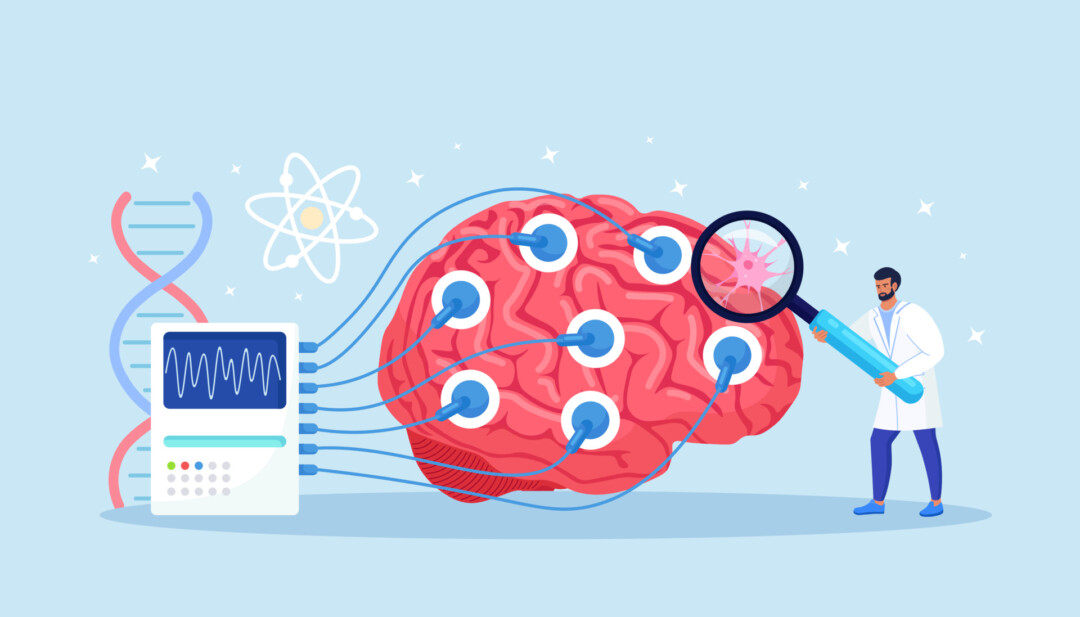Migraine is more than just a bad headache—it’s a complex condition that can cause intense, throbbing pain, usually on one side of the head. Along with the pain, people often experience nausea, sensitivity to light or sound, and sometimes even visual disturbances. But what’s really happening in the brain to cause this, and what triggers a migraine?
What Causes Migraines?
Although migraines have been studied for years, doctors still don’t know everything about their cause. What we do know is that migraines are linked to changes in the brain, particularly in how it processes pain and sensory signals.
One key factor is the brain’s sensitivity to certain chemicals, like serotonin. In people who get migraines, the brain may release a rush of these chemicals, which can cause blood vessels in the brain to swell. This swelling creates pressure and results in the throbbing pain associated with a migraine.
Another factor is that some people’s brains may be more sensitive to stimuli, such as lights, sounds, or stress. This means their brains overreact to things that wouldn’t bother others, which might be one reason why migraines occur.
Genetics and Migraines
If you have a family history of migraines, you’re more likely to experience them yourself. Studies suggest that certain genes can make people more prone to migraines, especially if both parents suffer from them. While having these genes doesn’t guarantee you’ll have migraines, it increases the likelihood that specific triggers will set one off.
What Triggers Migraines?
Migraines are unique in that they’re not always predictable, and their triggers vary from person to person. However, there are some common triggers that can provoke an attack:
- Hormonal Changes: Many women experience migraines related to hormonal fluctuations. For example, the drop in estrogen just before menstruation often triggers migraines, as can pregnancy or menopause.
- Stress: Stress is one of the most common migraine triggers. When your body is under stress, it releases chemicals that can cause blood vessel changes and lead to a migraine.
- Sensory Overload: Bright lights, loud sounds, or strong smells (like perfume or smoke) can overwhelm the brain, causing it to react with a migraine.
- Sleep Issues: Not getting enough sleep or even sleeping too much can lead to a migraine. Maintaining a regular sleep schedule is important for preventing attacks.
- Food and Drink: Certain foods and beverages can trigger migraines. Common culprits include alcohol (especially red wine), aged cheeses, processed meats, and food additives like MSG. Skipping meals can also set off a migraine.
- Weather Changes: For some, changes in weather, particularly shifts in temperature or barometric pressure, can trigger an attack. These changes can cause blood vessels to expand or contract, affecting brain activity.
Knowing Your Triggers
Every person’s migraine triggers are different, so keeping track of your attacks and what might have caused them is key to managing the condition. If you notice a pattern, you may be able to reduce the frequency and severity of your migraines by avoiding certain triggers.

